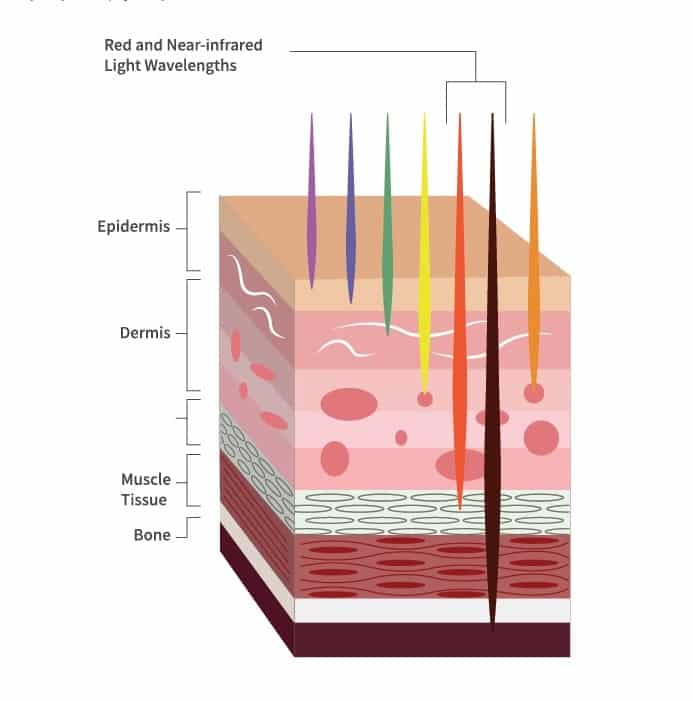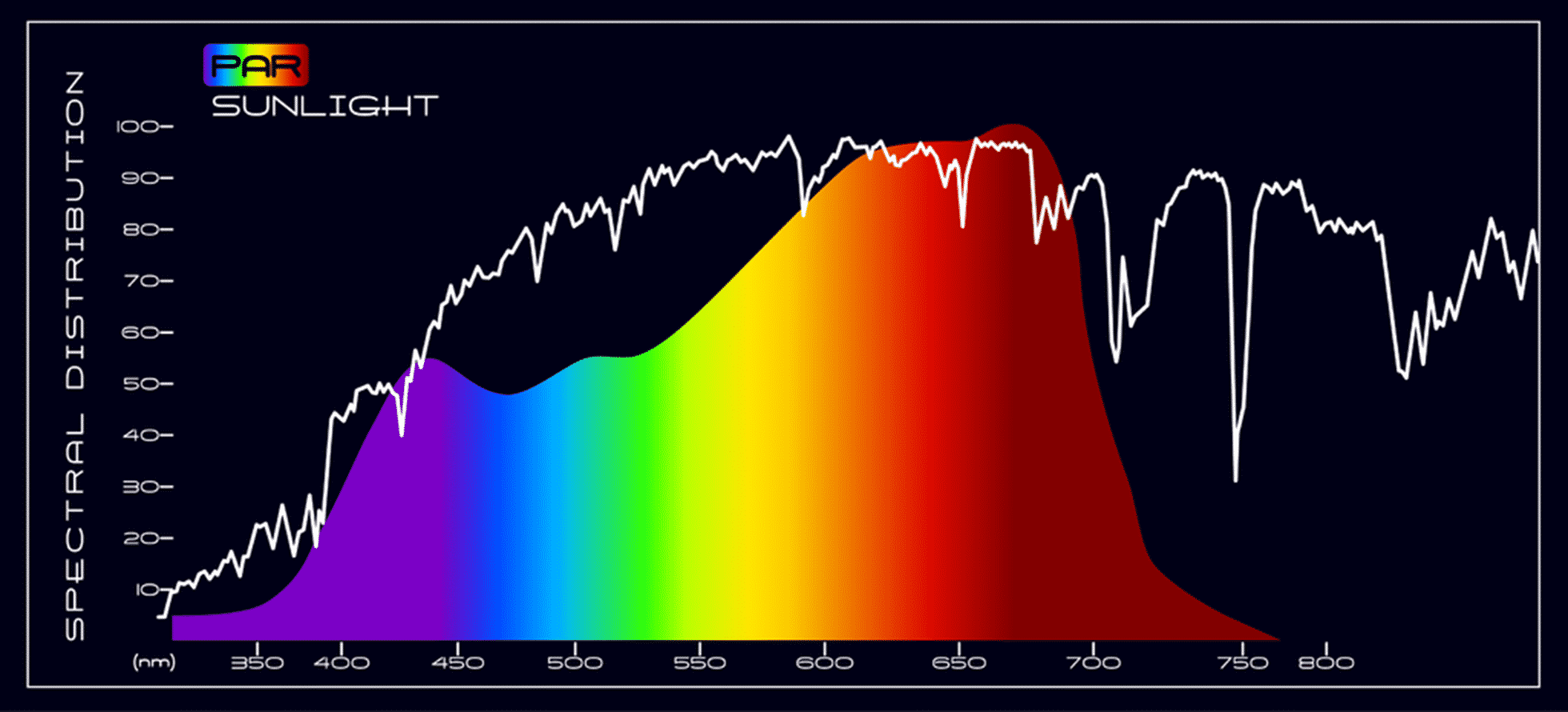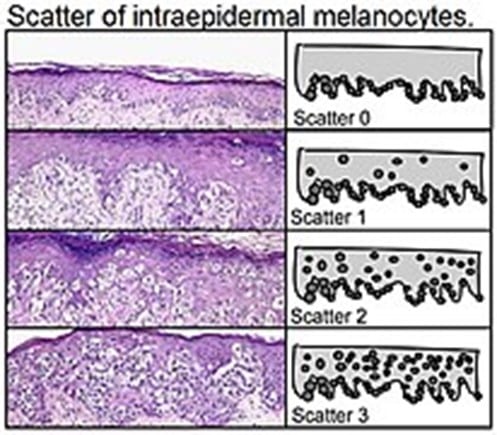As the largest organ of the body, our skin is tasked with protecting everything underneath it. However, as powerful as the skin is, it’s also vulnerable to many elements that affect its appearance. Aging, environmental factors, genetics, nutrition, hormonal imbalance, smoking, stress, and physical health can all take their toll on our complexion. Over time, our skin loses volume and elasticity and begins to sag while fine lines and wrinkles start to appear.
Enter NIR Therapy – immediate results, long-term antiaging
Near-Infrared (NIR) energy is a safe, clinically proven, and non-invasive, light-based technology used in many aesthetic and anti-aging applications. What makes NIR therapy unique is, unlike many other light technologies, NIR uses long wavelengths that allow treatment to penetrate deep layers of the skin and treat the subcutaneous and muscle layers while leaving the top layer of the skin virtually unaffected.
As NIR therapy heats the tissue, the treatment causes collagen fibers to tighten and contract while simultaneously stimulating new collagen formation. In most cases, NIR produces noticeable results after the first treatment, and skin looks firmer and smoother almost immediately.

However, the distinctive benefit of NIR lies in the long-term effects of treatment. NIR works at a core level, harnessing the body’s natural processes to promote skin rejuvenation. NIR stimulates the fibroblasts in the connective tissues and provides ongoing stimulation of new collagen, giving structure to the skin and enabling a lasting firming and plumping effect well after treatment.
Benefits of NIR therapy
Non-invasive
Using a device that emits NIR light, this gentle treatment works from the outside to heat the deep layers of the skin’s tissue and promote the renewal of collagen fibers without requiring any surgery or injections.
Downtime – none to minimal
Often nicknamed a “lunch-time treatment,” NIR therapy is relatively quick and does not require any downtime. In most cases, you can go back to your daily routine shortly after. You might experience mild redness, but this usually subsides quickly. It is recommended that you avoid sun exposure, use sunscreen, and keep the treated area clean.
Effective for all skin types
NIR energy can be used on all skin types, and treatment is suitable for most people.
Treatment is virtually painless
Although NIR works using heat, the treatment warms the deep layers of the skin gradually. While your skin may feel warm, treatment is painless for most people, and many find the feeling similar to a hot stone massage.
Long-term skin rejuvenation
While NIR skin tightening helps reduce the visible signs of aging skin, what makes it extraordinary is it keeps working behind the scenes to boost collagen production for long periods after each treatment.
Better skin metabolism
NIR energy helps balance the skin’s metabolism so skin cells function better. Treatment can help increase waste release and boost the absorption of vital vitamins and minerals. The skin naturally gains a healthier and more youthful appearance.
Over our lifetime, our skin goes through many phases. Taking a proactive approach to skincare is key to enhancing the skin’s appearance and reducing the harmful effects of the elements that impact its tone and texture.
Treatments based on NIR therapy provide a safe and effective way to induce long-term elastin stimulation and improve the skin’s appearance over time. NIR therapy helps fight the signs of aging and equips your skin with the structure it needs to achieve ongoing tightening and firming and a fresh, radiant glow.

